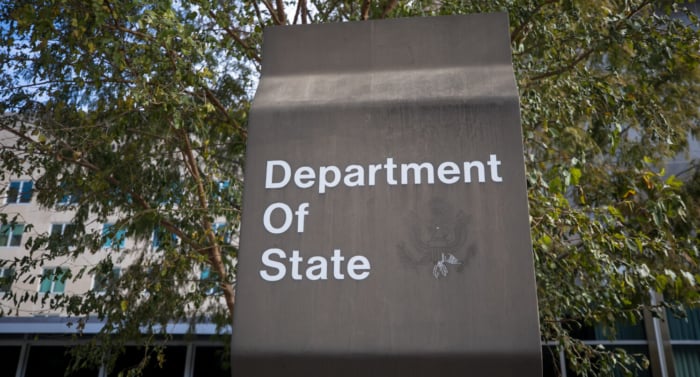
The U.S. Department of State (DOS) has updated its policy on Nonimmigrant Visa (NIV) waivers. This change removes the rule that required consular officers to follow past decisions when reviewing waiver requests. Now, each waiver request will be considered independently. Here’s what that means for applicants.
What is a Nonimmigrant Visa Waiver?
A Nonimmigrant Visa waiver is for those who are considered inadmissible to the U.S. for reasons including medical issues, past criminal offenses, or immigration violations. If someone is deemed inadmissible, they typically cannot enter the U.S. unless they apply for a waiver to lift that restriction.
What Was the Previous Policy?
Under the previous policy, consular officers would usually approve a NIV waiver request if another officer had granted one before — unless there was new negative information or significant changes in the person’s situation. This meant that applicants who had previously been granted a waiver could generally expect the same decision to be made in subsequent applications
What Does the New Policy Say?
The new policy removes the “deference” rule. Now, consular officers must review each NIV waiver request independently. They can’t rely on past decisions to guide their judgment. Each application will be considered on its own merits, and officers will have more flexibility in making their decisions.
What Does This Mean for Applicants?
This change adds some uncertainty to the waiver process. Applicants can no longer assume that a waiver previously granted will make it easier to get one again. Since each case will be looked at separately, it’s important to have a strong waiver application with clear, updated information to support your request.
Does This Apply to Immigrant Visa Waivers?
No, this policy change only applies to Nonimmigrant Visa waivers. Immigrant visa waivers are handled separately and are not affected by this update.
With the new policy, applicants seeking a NIV waiver should be prepared for a more thorough review process. It’s important to submit a strong and complete application to increase your chances of approval. If you’re unsure about how to navigate this process, consider speaking with an immigration lawyer for guidance.